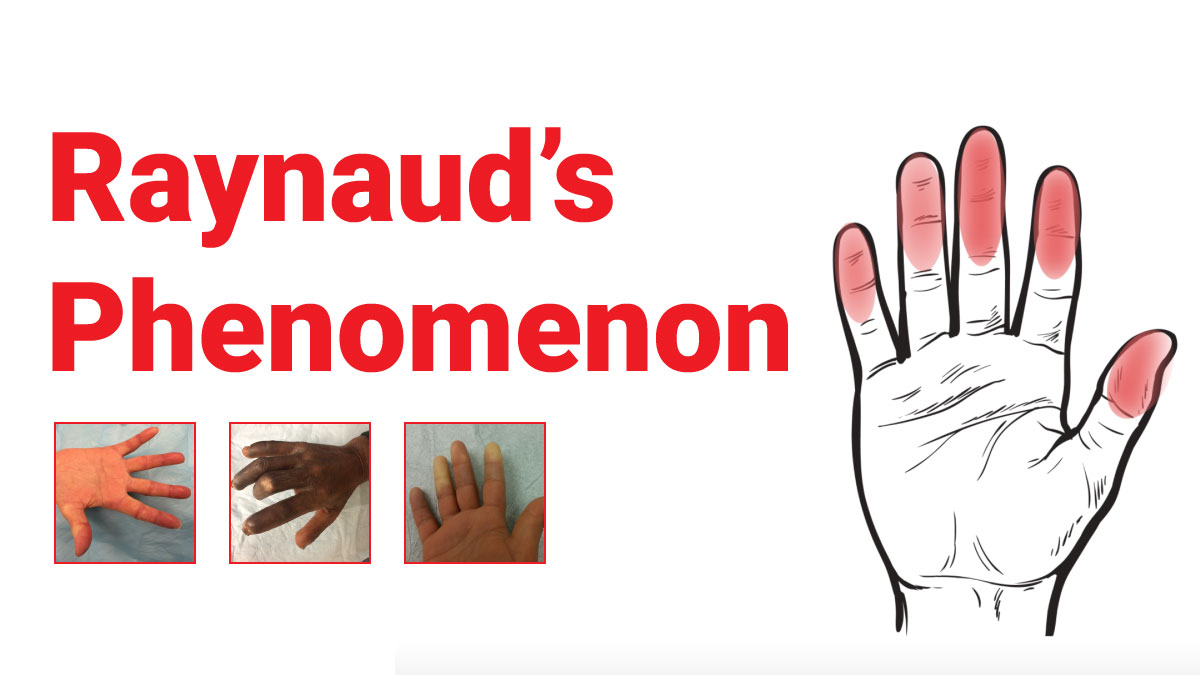
Lyme disease affects the patient in many different ways and it depends on which stage of the disease we’re looking at. In this second part of our five part series on Lyme Disease, Dr. Aucutt dives into the signs and symptoms of Lyme Disease.

Raynaud’s Phenomenon is a condition that results in decreased blood flow to your fingers and toes. There are two types of Raynaud’s, primary and secondary. Dr. Zsuzsanna McMahan from the Johns Hopkins Scleroderma Center dives into what this condition is, things to look out for, how to manage and when you should speak with a doctor.